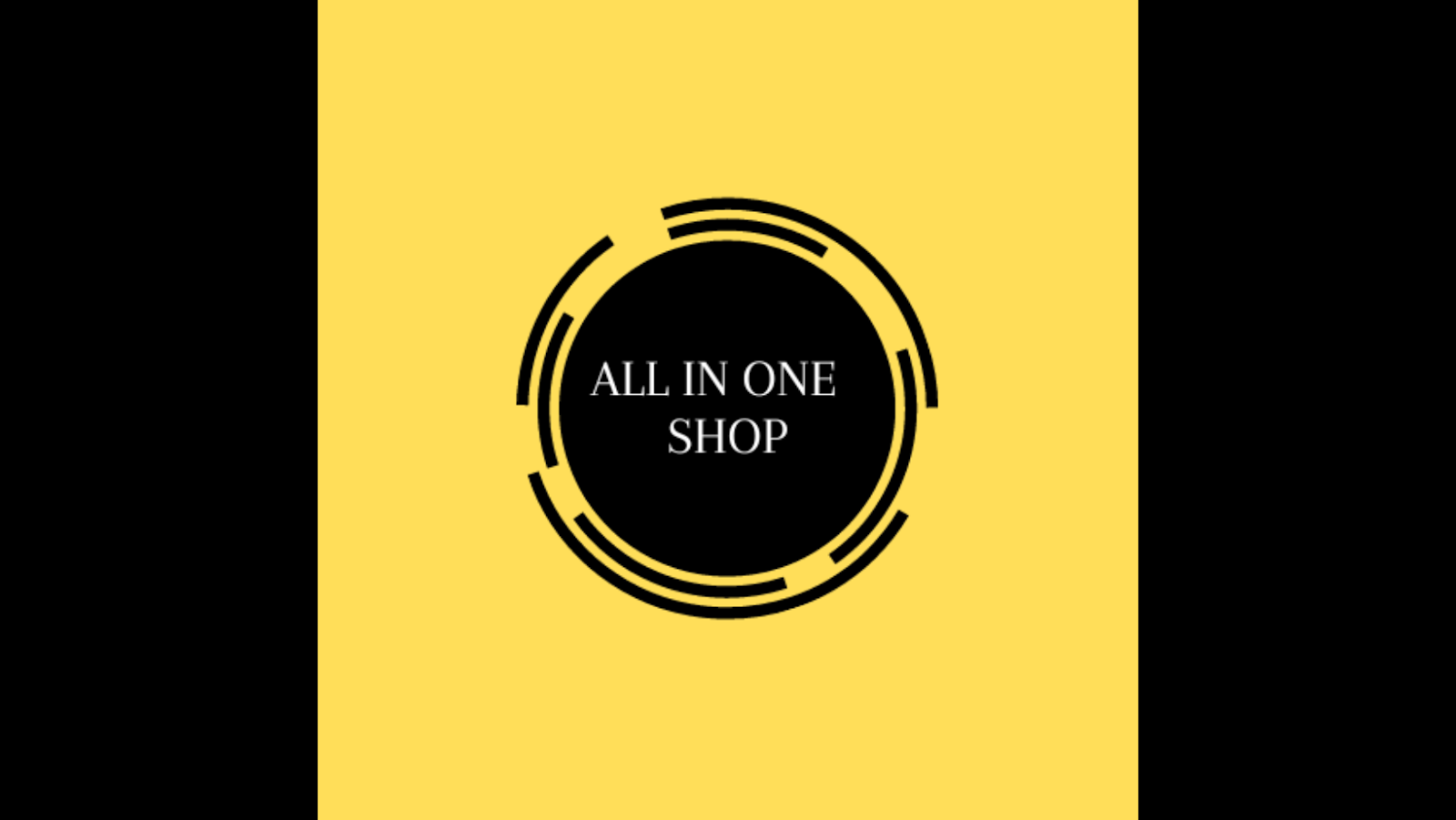Job Interview Mastery: Your Complete Guide to Winning the Role
Introduction to Job Interview Mastery
Job interviews can be both exhilarating and nerve-wracking. Whether it’s your dream job or just the next step in your career, the process can feel like an intense test. Preparing thoroughly can make a huge difference in your confidence, focus, and ability to showcase your skills effectively. This guide will walk you through each stage of interview preparation, from researching the company to following up afterward, to ensure that you have the best chance of impressing your potential employers.
Understanding the Interview Process
The interview process typically includes several stages, from initial screening to the final round. Understanding these stages can help you prepare for each one strategically. Interviewers aim to assess your fit for the role, your technical and soft skills, and whether your personality aligns with the company’s culture.
Researching the Company and Role
Importance of Company Research
Researching the company before the interview shows that you’re proactive and genuinely interested. Explore the company’s website, recent news, and social media to understand its mission, values, and current projects.
Identifying Key Responsibilities of the Role
Analyze the job description and take note of the key responsibilities. Tailor your answers to emphasize the skills and experience that align with the company’s needs.
Preparing Your Personal Pitch
Crafting a Compelling Elevator Pitch
An elevator pitch is a concise, persuasive introduction that highlights who you are, what you do, and what makes you unique. Prepare a 1-2 minute summary of your professional background and core strengths.
Communicating Your Unique Value Proposition
Think about what sets you apart from other candidates. Perhaps it’s a unique skill set, an industry-specific certification, or a track record of specific accomplishments. Communicate this in your responses to demonstrate your unique value to the company.
Highlighting Your Skills and Achievements
Matching Skills with Job Requirements
Review the job posting and make a list of the required skills. Then, identify your relevant achievements that showcase these abilities. Tailor your responses to highlight how your skills align with the role.
Using the STAR Method to Structure Responses
The STAR method (Situation, Task, Action, Result) is an effective way to structure answers to behavioral questions. This approach helps you deliver concise and impactful responses by focusing on specific examples.
Mastering Common Interview Questions
Preparing for Classic Questions
Questions like “Tell me about yourself” and “Why do you want to work here?” are common but can be tricky. Prepare concise, genuine answers that demonstrate your enthusiasm and understanding of the role.
Handling Questions About Weaknesses and Strengths
Choose a real weakness but follow it up with the steps you’re taking to improve. For strengths, select qualities that are relevant to the role, and back them up with examples.
Behavioral Interview Questions and How to Answer Them
Behavioral questions focus on past behavior to predict future performance. Use the STAR method to provide structured, real-life examples that show how you handle challenges and contribute to successful outcomes.
Nonverbal Communication and Body Language
Importance of Body Language in Interviews
Nonverbal cues can speak louder than words. Maintain good posture, make eye contact, and avoid crossing your arms to convey confidence and openness.
Maintaining Eye Contact and a Confident Posture
Balanced eye contact and a relaxed, open posture can build rapport and make you appear trustworthy and engaged. Practice in front of a mirror or with a friend to refine your nonverbal cues.
Dressing for Success
Professional Attire Tips for Different Industries
Dressing appropriately shows respect for the company’s culture. For traditional industries, opt for business formal; for more relaxed sectors, business casual may be acceptable.
Making a Good First Impression
First impressions matter, and dressing well can boost your confidence. Choose an outfit that makes you feel professional, polished, and comfortable.
Asking Thoughtful Questions
Why Asking Questions Matters
Asking thoughtful questions demonstrates curiosity and engagement. It also helps you determine whether the company and role are the right fit for you.
Examples of Insightful Questions to Ask
Consider questions like, “What does success look like in this role?” or “Can you tell me about the team’s work culture?” These questions reflect genuine interest and can provide valuable insights.
Addressing Salary Expectations
How to Discuss Salary Confidently
Salary discussions can be tricky. Research typical salaries for the role and be prepared to discuss your expectations professionally.
Tips for Negotiating Salary and Benefits
When negotiating, prioritize your essential needs and be open to finding middle ground. Know your worth but remain flexible to maintain a positive conversation.
Preparing for Virtual Interviews
How to Prepare for Online Interviews
Set up your interview space with good lighting, a neutral background, and ensure your technology works smoothly.
Handling Technical Issues Smoothly
If technical issues arise, stay calm and polite. Apologize briefly, address the problem, and then continue once resolved.
Following Up After the Interview
Importance of Sending a Thank-You Note
A thank-you note reinforces your interest and shows appreciation for the opportunity. Send a brief, personalized email to each interviewer within 24 hours.
Crafting a Follow-Up Email That Leaves a Lasting Impression
In your follow-up, mention something specific from the interview and reiterate your enthusiasm for the role.
Learning from Each Interview
Self-Assessment After Interviews
Take time to reflect on what went well and what could be improved. This reflection can help you become more polished for future interviews.
Using Feedback to Improve for Future Interviews
If you didn’t get the job, try to ask for feedback from the interviewer. Use their insights to prepare more effectively next time.
Conclusion: Achieving Interview Mastery
Interviewing is a skill that improves with practice and preparation. By understanding the interview process, preparing effectively, and continuously learning, you can increase your chances of success. Remember that each interview is an opportunity to grow and improve. Embrace the process, stay confident, and keep honing your approach.





.png)
.png)












0 Comments